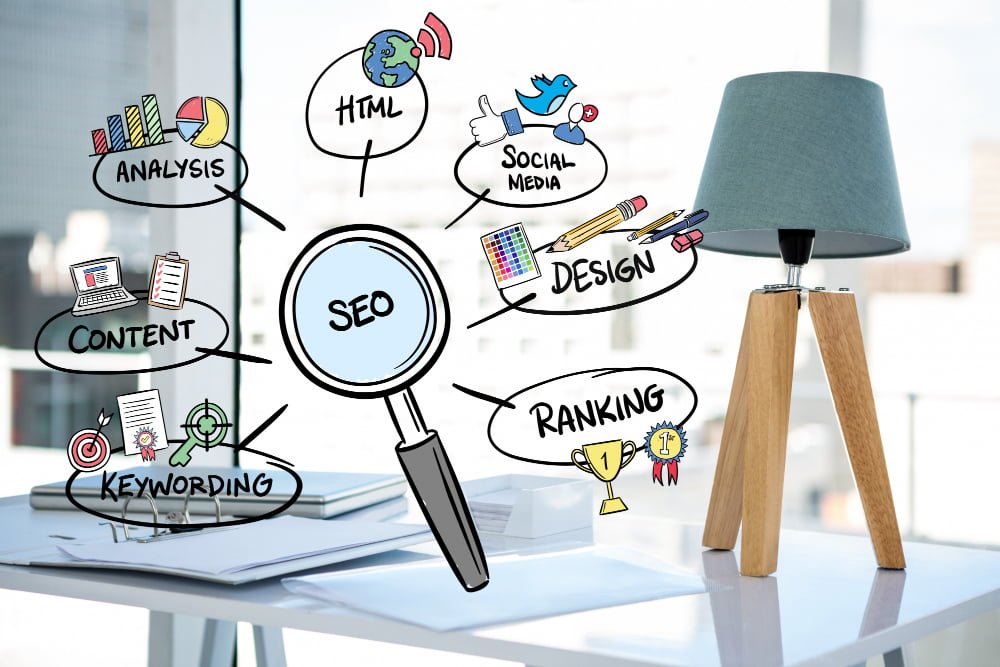SEO stands for Search Engine Optimization. It is the practice of optimizing web pages and content to improve their visibility and ranking in search engine results pages (SERPs). SEO involves various techniques and strategies aimed at making a website more attractive to search engines like Google, Bing, and Yahoo.
Key Components of SEO:
- On-Page SEO
- Off-Page SEO
- Technical SEO
- User Experience (UX)
On-Page SEO:
- Keyword Optimization: Researching and using relevant keywords in titles, headings, and content to match user search queries.
- Content Quality: Creating high-quality, relevant, and valuable content that satisfies user intent.
- Meta Tags: Optimizing meta titles, descriptions, and tags to improve click-through rates in search results.
- URL Structure: Creating SEO-friendly URLs that are descriptive and easy to understand.

Off-Page SEO:
- Backlinks: Acquiring high-quality backlinks from authoritative websites to improve domain authority and search engine rankings.
- Social Signals: Increasing visibility and engagement through social media platforms, which can indirectly impact SEO.
- Online Reputation: Building a positive online reputation through reviews and mentions on reputable sites.
Technical SEO:
- Website Speed: Ensuring fast loading times for improved user experience and search engine ranking.
- Mobile Optimization: Making sure the website is responsive and performs well on mobile devices.
- Crawlability: Ensuring search engines can crawl and index all important pages of the website.
User Experience (UX):
- Navigation: Making the website easy to navigate with clear menus and internal linking structure.
- Engagement Metrics: Increasing user engagement metrics such as time on site, bounce rate, and pages per session.
Goals of SEO:
- Increase Visibility: Rank higher in search engine results pages to attract more organic traffic.
- Drive Traffic: Generate targeted traffic to the website through search engines.
- Boost Conversions: Convert visitors into customers, subscribers, or leads through optimized content and user experience.
Importance of SEO:
- Cost-Effective: Compared to paid advertising, SEO can provide long-term benefits and sustainable traffic growth.
- Authority Building: Higher rankings can enhance the credibility and authority of a website or brand.
- Competitive Edge: Outranking competitors in search results can lead to a larger market share and increased brand awareness.
SEO is continuously evolving as search engines update their algorithms to provide more relevant and accurate search results. Therefore, staying updated with industry trends and best practices is crucial for effective SEO implementation.








